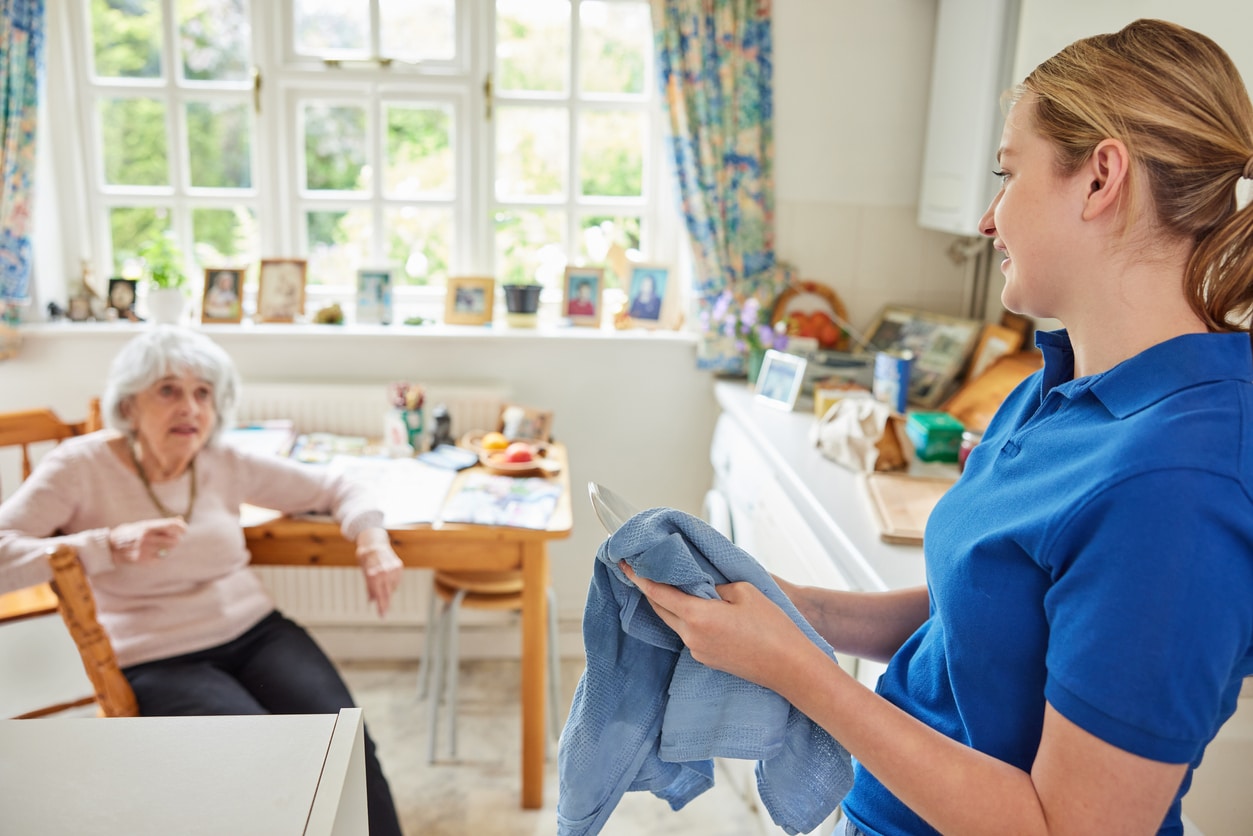
How to Encourage Older Adults in Making Eco-Conscious Choices
Opportunities to be eco-conscious and support environmental sustainability abound, from transportation to shopping habits to decisions you make at home. Younger people are generally active in these regards, however older generations are also enthusiastic to do their part in protecting the planet.
They may need someone to inform them before they can make the first move — and that’s your role as an adult child or eco-friendly person who interacts with seniors. Here are six ways to influence older people to make eco-conscious choices.
1. Encourage Reduce, Reuse and Recycle Initiatives
If your senior family member lives with you, an actionable way to help automate an eco-conscious behavior is by implementing the 3Rs at home. Reduce waste, including food. Buy reusable bags or water bottles and recycle plastic cups into planters. Introduce the idea of sustainability to make it easier for them to adapt it in other areas of their lives.
Climate change is as threatening to older people as it is to the younger generation. A report found one reason for the lack of action among seniors is their perceived lack of knowledge and experience about environmental issues. Therefore, setting positive examples in your residence will increase their awareness and invite execution.
2. Declutter and Organize the Closet
Setting aside the astonishing carbon emission figures the fashion industry contributes, people living longer tend to accumulate more things — including clothes. If your senior relative has piles of garments, suggest going through their wardrobe and donating items they don’t need. This task can feel overwhelming, but you can get involved and start small.
Help them take out every piece of clothing in their wardrobe. Then, use baskets to separate clothes they haven’t used for years. Have baskets for those clothes they want to donate or sell, those they can still wear or fix and ones they can upcycle into rags or decorative items. A clean and green wardrobe contributes to peace of mind.
3. Utilize Energy-Saving Tools
Having your senior parents live with you is good for the environment because you share the carbon footprint from using the same power from electrical devices. Check their lighting, if they live independently, as it could be a source of environmental pollution. If they use incandescent bulbs that consume more power, suggest switching to compact fluorescent lamps (CFLs) or LEDs.
These options are more energy-efficient, cost-efficient and environmentally friendly. Replacing a single incandescent bulb at home with a CFL can prevent about 150 pounds of carbon dioxide from being released into the atmosphere every year.
4. Use Public Transportation
Using buses, ferries and trains can lower carbon emissions by up to 45%, making the air cleaner. Public vehicles are an excellent opportunity for your loved one to be more eco-conscious. If driving on their own poses a health risk, commuting may help them stay safe. It’s also better for the environment, since emissions on a single ride are shared among several passengers, driving down individual carbon footprints.
Apart from its green merits, using public transportation is good for the wallet and can be a social activity, if they interact with other passengers. Furthermore, walking to the bus or railway stations is a low-impact exercise to strengthen their legs and boost their health.
5. Join Local Environmental Groups
One smart move to instill sustainable habits is spending time with people who have the same drive to protect the environment. Your loved one could join a green committee that hosts a monthly meeting and does various green activities. This will help them be more informed and empowered to make decisions in support of the planet.
6. Plant a Garden
Gardening is an enjoyable and satisfying hobby, offering a range of amazing health benefits. Planting seeds, digging, watering and spending more time outdoors can keep your loved one physically and mentally healthy.
Gardening is considered by the CDC as a moderate cardiovascular exercise and it is recommended older adults attain 30 minutes of cardio per day. In addition, it can lower their stress levels, ease depression and put them in a better mood. Lastly, growing their own pesticide-free vegetables and fruits can enhance their diet.
Get Them Involved by Increasing Environmental Awareness
Change starts with awareness. You have the role of an educator in keeping older family members in the loop about environmental issues threatening everyone. Your loved ones can make eco-conscious choices, only if they understand the implications of their decisions, such as the products they buy. Take your time to educate them until they’re ready to get involved.



Post a comment